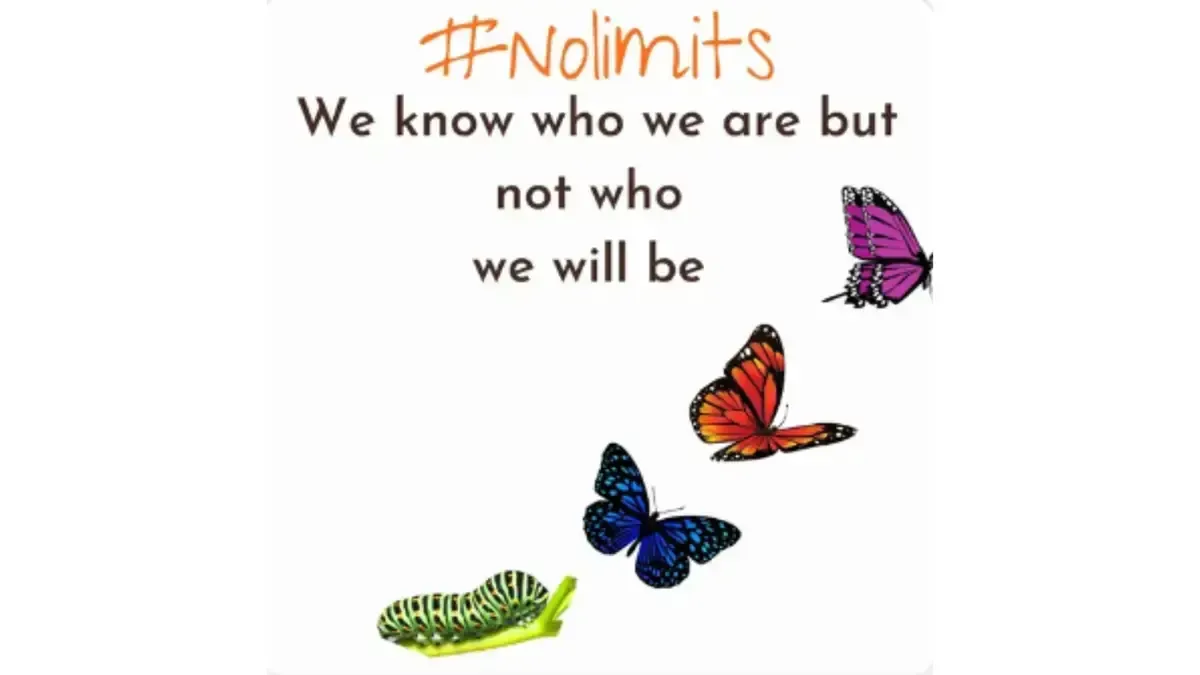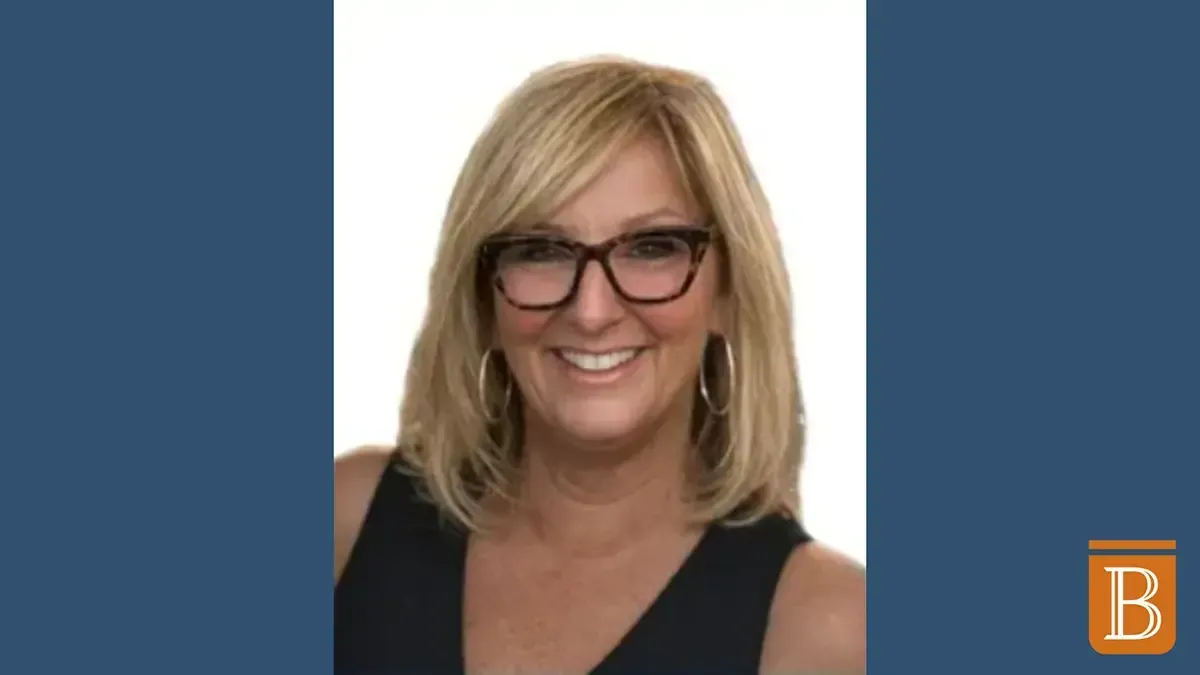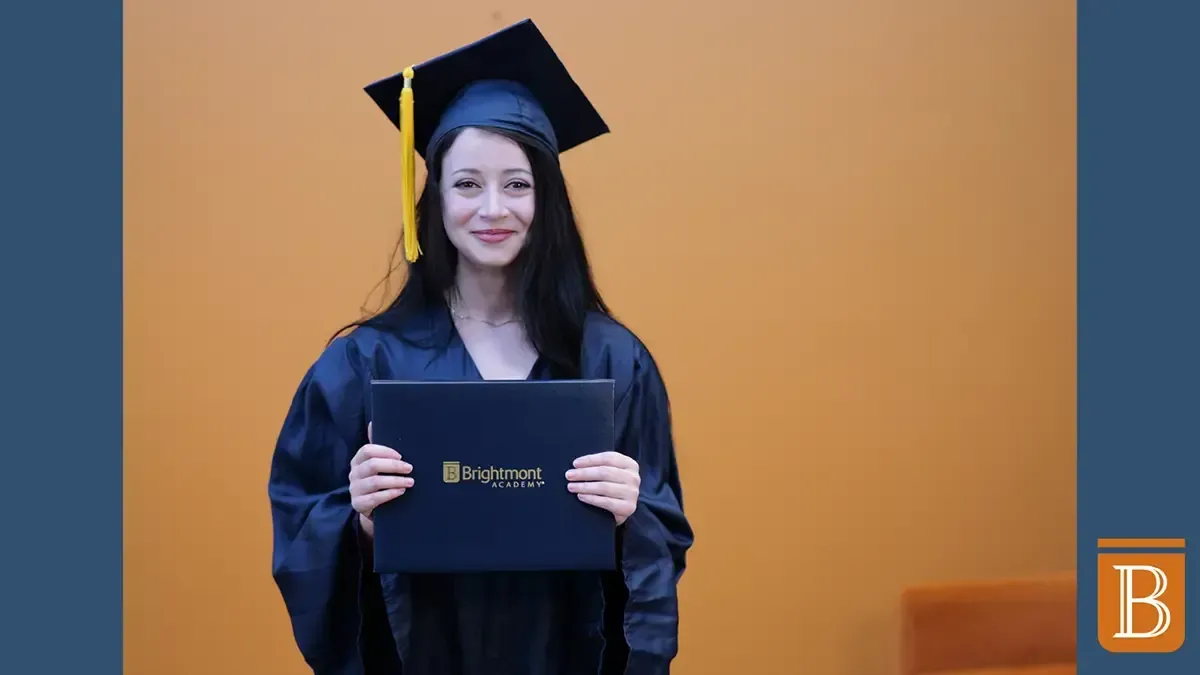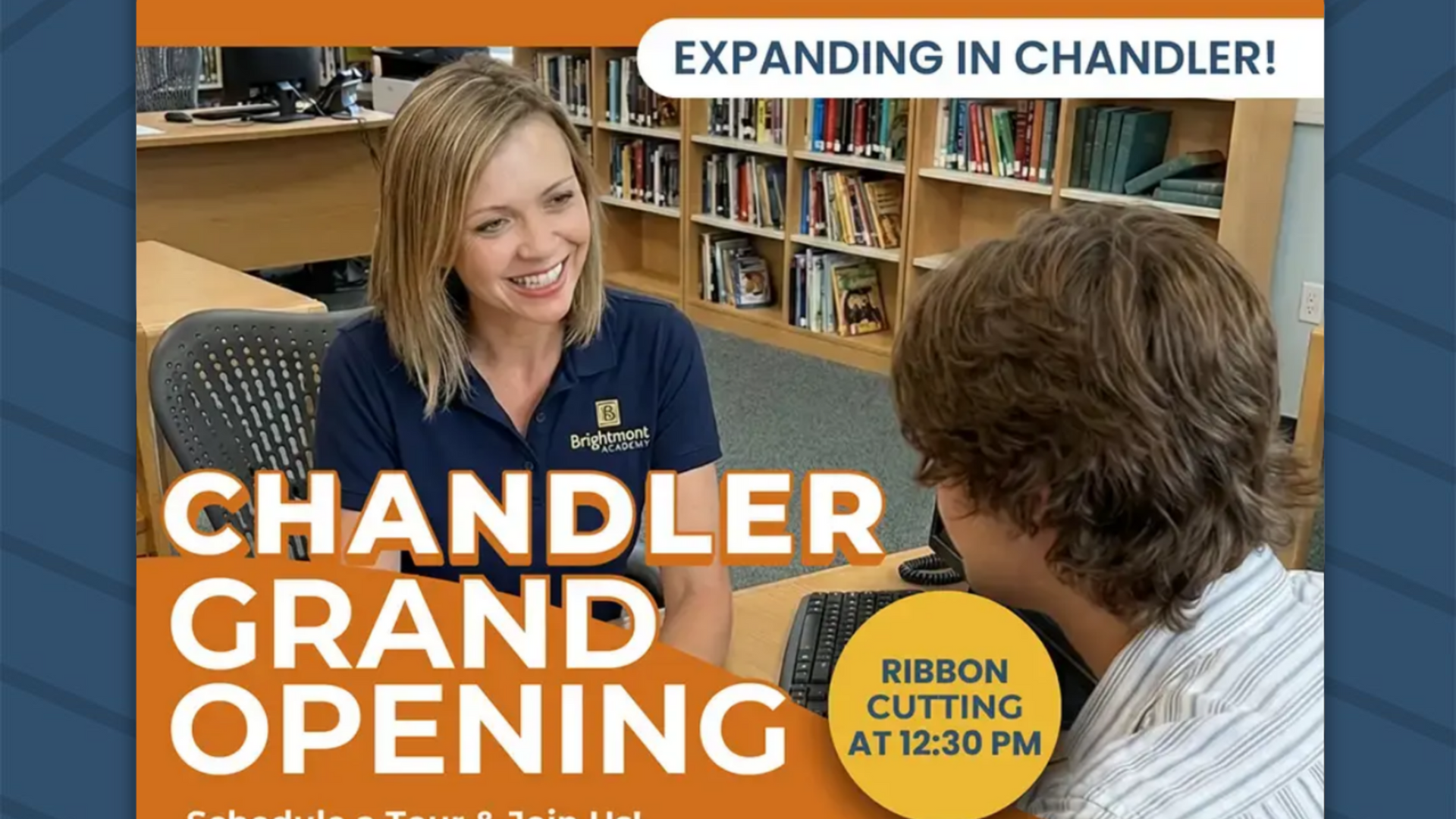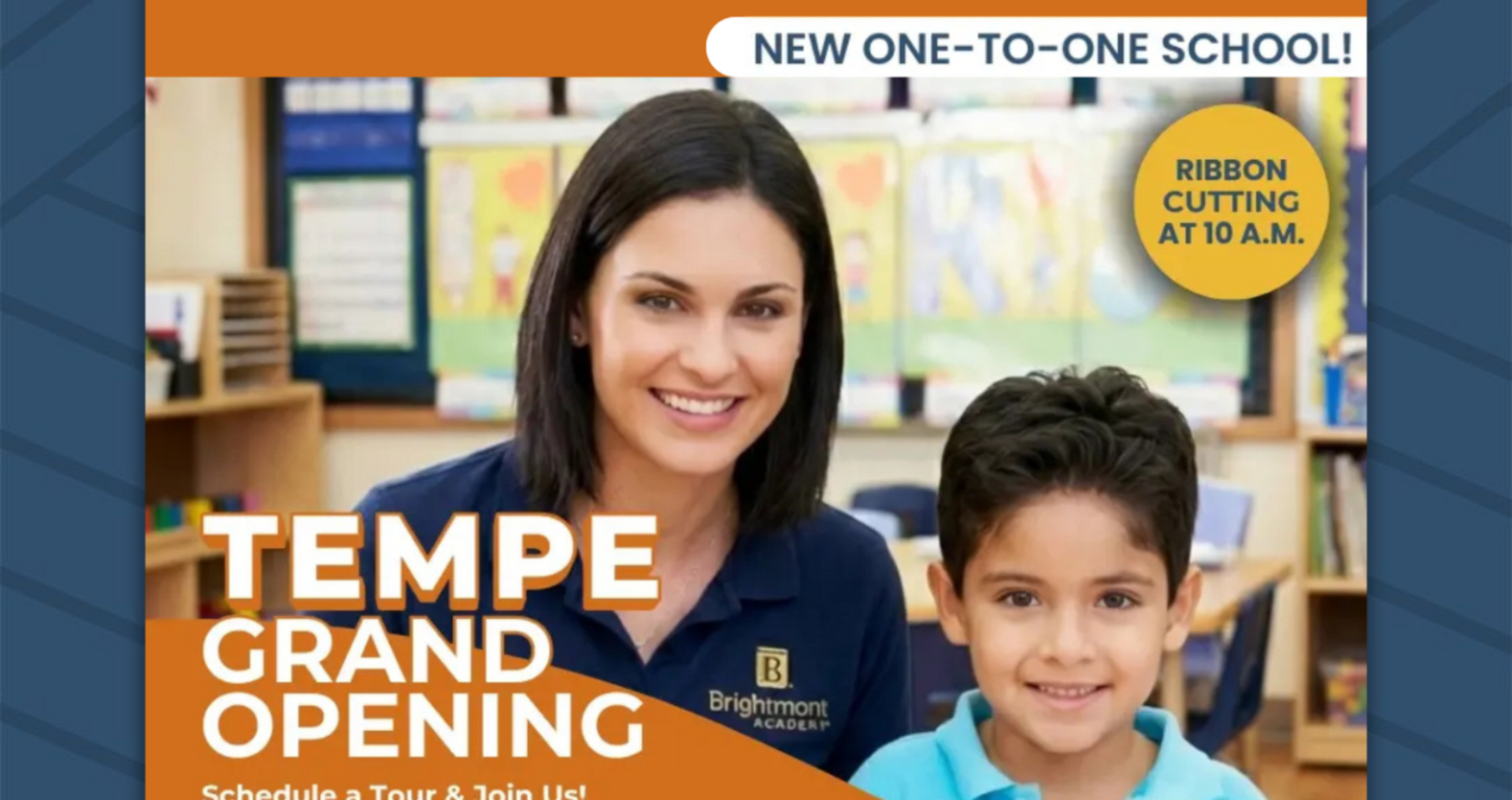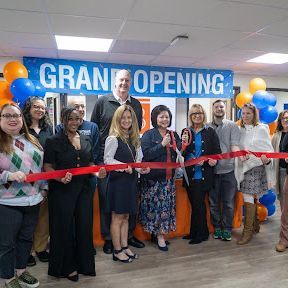Tony Beals is the VP of Admissions and Enrollment Solutions at Brightmont Academy. Tony has extensive experience as both a parent and an educator working with students from an array of backgrounds including those with anxiety, depression, ASD, ADHD, and ODD. He has been in the education industry for over 25 years and has been involved as a teacher, consultant, manager, and leader.
I Was Smart. I Just Didn’t Seem to Fit. A personal journey beyond the label
When I think back to elementary, middle, and high school, one word comes to mind: survival.
I was impulsive, unfocused, forgetful. I often missed assignments—not because I didn’t care, but because I literally couldn’t keep track. I struggled socially, too. I had a few close friends, but for some reason, I always felt like I was on the outside looking in—trying to fit in, but never quite belonging. I got bullied between classes, especially in middle school, and many mornings I was too sick with anxiety to move. I had to fake being sick just to stay home.
At the time (this was the 70's and 80's) there wasn’t language like “neurodivergent” to help me make sense of it all. ADHD was the only word people used—and it came with stigma, side-eyes, and medication warnings. I didn’t want to be that kid, so I put on the mask. No one wants to be that kid—the one who's too much, too loud, too forgetful, too weird. It’s a lonely place, and over time, you start to lose your own sense of self—becoming what you think everyone needs instead of who you actually are and end up being a “social chameleon.”

I tried to blend in, to stay quiet, to avoid the kind of attention that felt more like judgment than help. But the impulsivity still crept out from behind the mask—and I paid the price for it. Shame. Frustration. Disappointment. Every time I slipped, it just reinforced the idea that I wasn’t enough.
In 7th grade, Instead of taking Latin, I ended up in remediation—grouped into reading class alongside students whose challenges were different from mine (mostly behavioral). We didn’t share the same needs, but we were treated the same. It was a wake-up call. I didn’t belong there, but no one was asking why. No one was helping me figure out how I learned best. I was just trying to survive in a system that didn’t know what to do with me.
So, I had to figure it out myself. No help. No roadmap. No diagnosis that made sense. No Neuropsych. No Therapist. No IEP.
I learned to adjust. I paid close attention to what worked. I taught myself how to work with my brain, not against it. One thing I found was when I talked to myself while I worked and talked through my writing even, it created a happy place between the speed of my brain and the slowness of my mechanics.
I went from remedial English to Grade level English to AP Literature in my senior year—and scored very high on the exam. I discovered that resilience, self-awareness, and determination could carry me where others said I couldn’t go.
College? Some people had told me I probably wouldn't go (my closest friends knew though). Sometimes by people I trusted. But I knew better by then.
I had learned how to fight for myself, how to advocate, how to plan, how to bounce back when things didn’t go right the first time. I stopped trying to earn my worth by being like everyone else and started building a path that worked for me. I still got knocked down, still experienced struggle, but knew how to bounce back. I always bounced back.
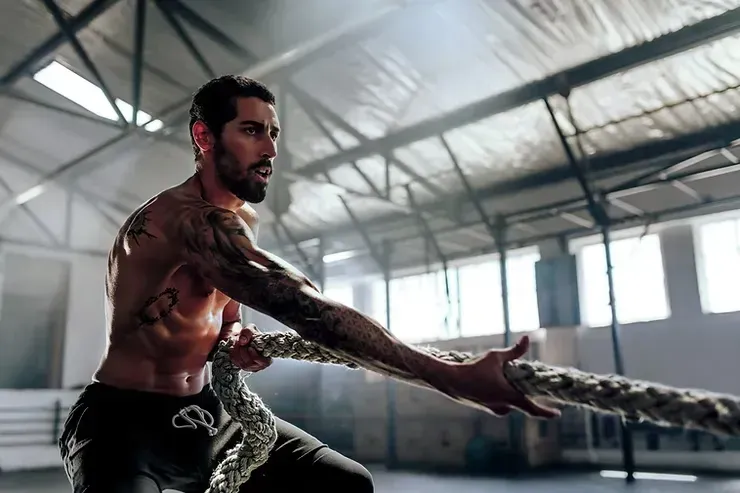
I still had challenges. But now I had tools. Now I had hope. And for the first time, I wasn’t just surviving—I was growing.
And I wasn’t alone. I remember the people who believed in me—especially Ms. St. Claire, my English teacher. She always encouraged me. She worked with me patiently to help organize my thoughts and strengthen my voice. She saw something in me I couldn’t yet see in myself. She told me I was a good writer, and more than that—she meant it.
She believed it before I ever did. And that changed everything.
💡 3 Things I Wish Someone Had Told Me
If you’re supporting a student like I once was, here are three things that would’ve made all the difference:
- Ask how they learn best — not just how they're doing. Most struggling students have strengths—they just don’t fit the mold.
- Don’t mistake anxiety or withdrawal for laziness. Shame and fear often hide behind missed assignments.
- Praise effort and strategy, not just results. Executive functioning takes work. Reward the work.
🧠 A Note to Educators & Parents
To the adults in the room: You may be the only person who sees the hidden brilliance in a kid who’s struggling. Your patience, your curiosity, and your belief in them might be the thing they remember ten years from now—when they finally start to believe in themselves.
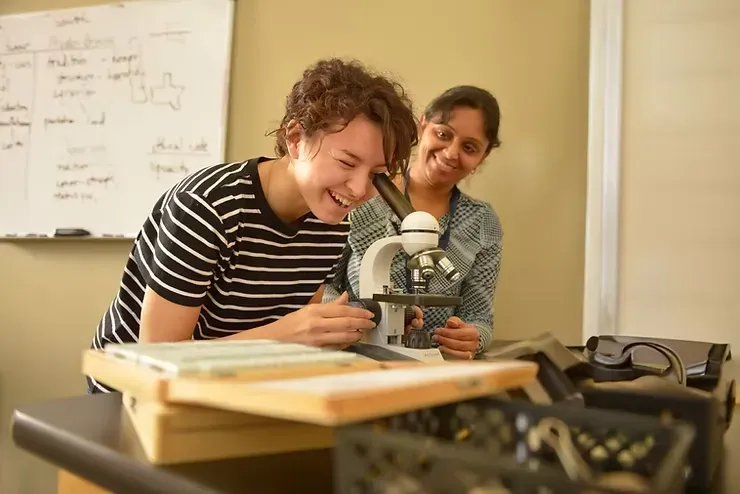
✍️ Reflection Prompt
Think back to when you were in school— Was there a time you felt misunderstood? How might that experience help you show up differently for a young person today?
Why I’m Writing This Newsletter
I’m sharing this because I know I’m not the only one. I work with students every day at Brightmont Academy who are walking versions of my younger self—intelligent, anxious, misunderstood. And I want this space to be a place of encouragement, insight, and strategy for those who are helping students like I once was.
Each issue of this newsletter will dive into something different—whether you’re an educator, a parent, or a student yourself. I’ll share research, practical advice, and personal stories. I will explain, empathize, and advocate. Sometimes I may talk about what’s happening at Brightmont. And sometimes I’ll share pieces from my upcoming book, where I go even deeper into this journey.
I wore the mask for a long time. But I’ve learned there’s strength in unmasking—when it’s safe, when you’re supported, and when someone finally sees you for who you are. That’s what I want this space to be: a place where the mask can come off. Where brilliance doesn’t have to come at the cost of belonging.
Because if I’ve learned anything, it’s that the problem was never my intelligence. It was the system’s lack of imagination. And that’s where you come in.
Let’s change that—together.

Written by Tony Beals, VP at Brightmont Academy and author of the “Table Topics with Tony” newsletter and the upcoming book, The Education Paradox.© 2025 Tony Beals.
Thanks for reading 𝗧𝗮𝗯𝗹𝗲 𝗧𝗮𝗹𝗸𝘀 𝘄𝗶𝘁𝗵 𝗧𝗼𝗻𝘆. This article reflects my original writing and lived experience. Feel free to share the link, but please don’t republish or copy the content without permission.
© 2025 Tony Beals. All rights reserved.
More Blog Posts + News
